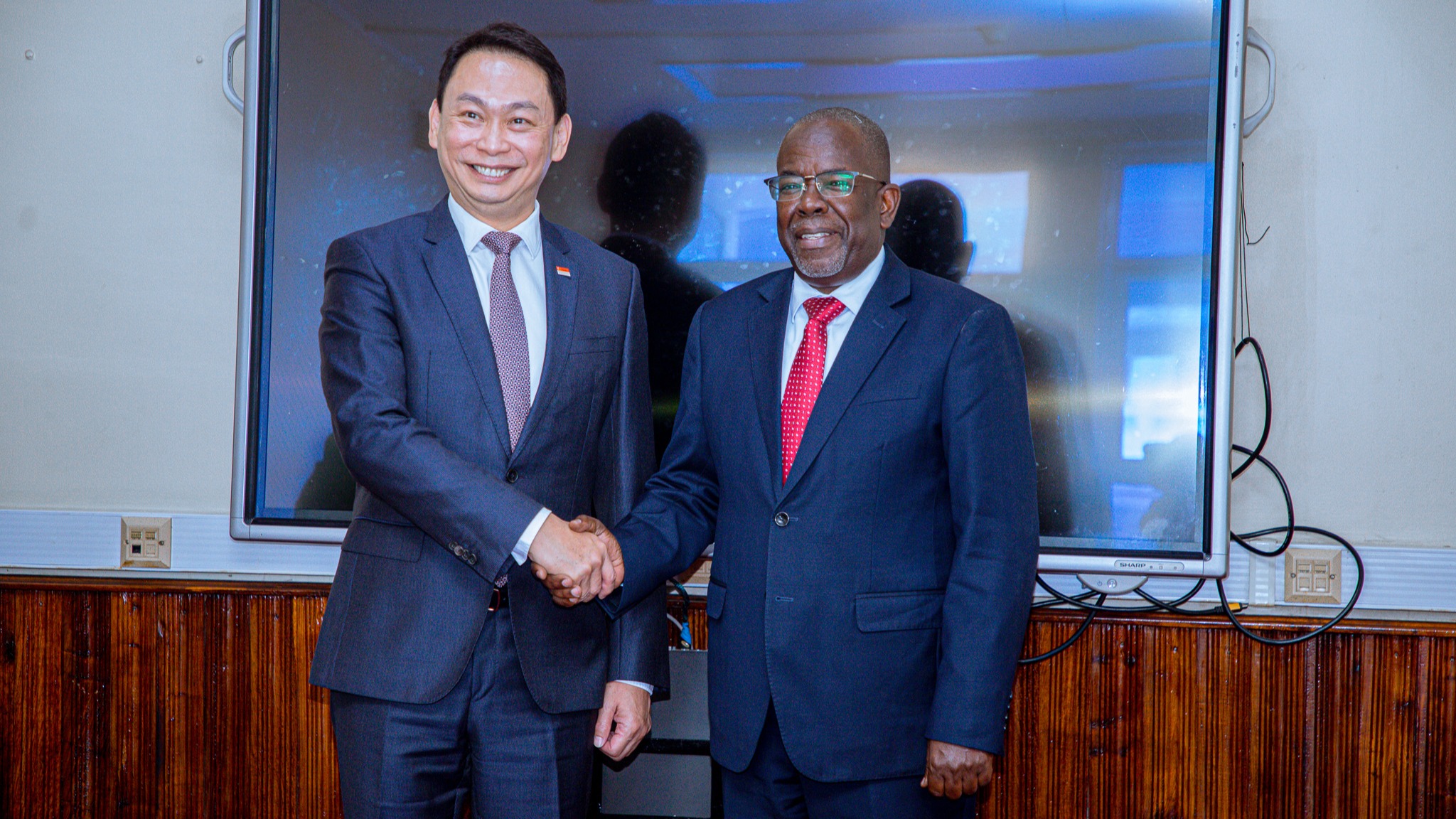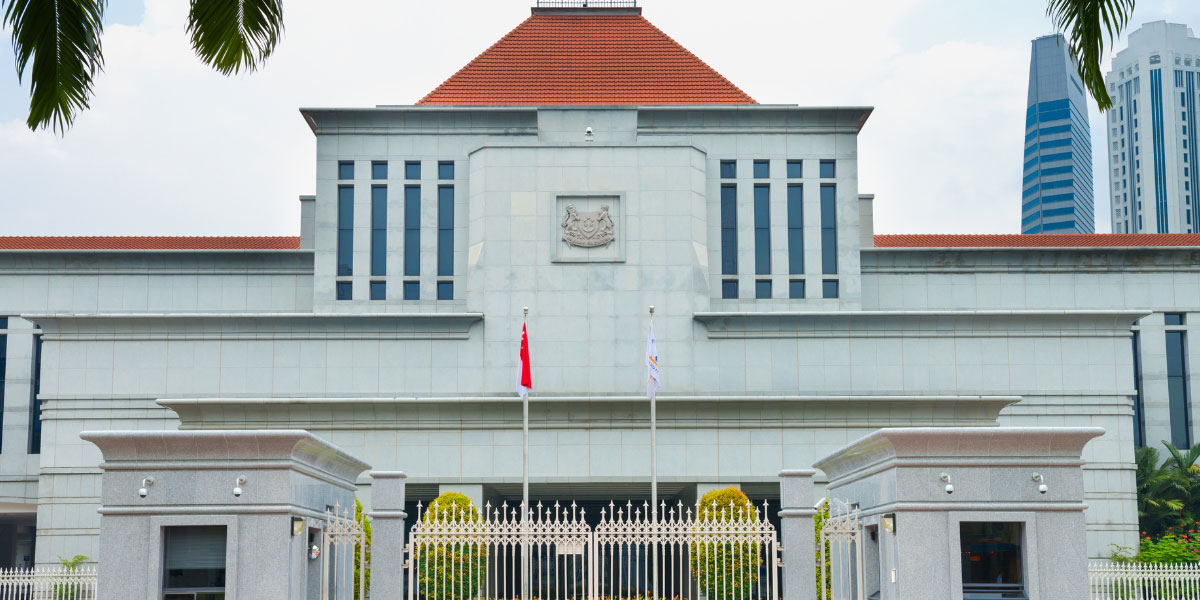The Singapore tax authority announced on 6 February 2014, that the double tax agreement (DTA) signed between Singapore and Poland applies from 6 February 2014 for the mutual agreement procedure and exchange of information provisions and from 1 January 2015 for other taxes.
Related Posts

Tanzania, Singapore discuss finalising income tax treaty
Tanzania's Ministry of Finance and Planning announced on 24 February 2026 that the country’s Minister of Finance held discussions with Singapore’s Ambassador to Tanzania on multiple areas of cooperation, including the expediting of finalising an
Read More
Singapore: IRAS issues guidance on GST obligations for companies in liquidation
The Inland Revenue Authority of Singapore (IRAS) has issued a new guidance page titled GST Registered Companies Under Liquidation on 20 February 2026, designed to assist both GST-registered companies and their liquidators in understanding the GST
Read More
Poland: Senate considers DAC8 crypto-asset reporting, DAC9 centralised top-up tax filing rules
Poland's Senate is examining draft legislation to implement two EU directives on administrative cooperation in taxation — DAC8 and DAC9 — following its approval by the Committee on Budget and Public Finance on 18 February 2026. Poland, along
Read More
Poland: Court rules deferred tax regime doesn’t exempt companies from transfer pricing rules
Poland's Supreme Administrative Court has ruled that companies using the deferred corporate income tax regime must comply with transfer pricing rules, including Local File documentation requirements. This ruling details a judgment from the
Read More
New tax treaty between Singapore, Taiwan enters into force
The tax treaty between Singapore and Taiwan for the elimination of double taxation with respect to income taxes and the prevention of tax evasion and avoidance was signed on 31 December 2025 and entered into force on 13 February 2026. It was
Read More
Poland enhances KSeF system with new authentication options, updates manual
Poland has modernised its National e-Invoice System (KSeF) through two major developments: expanded login capabilities launched on 14 February 2026, and a comprehensive manual update for KSeF 2.0. Streamlined access through multiple
Read More









